Oil prices drop as OPEC+ weighs another output hike
Oil prices fell by about 2% ahead of a weekend meeting of OPEC+ producers that is expected to consider another increase in production targets in October

Oil prices fell by about 2% ahead of a weekend meeting of OPEC+ producers that is expected to consider another increase in production targets in October

OPEC+ has decided to increase its crude oil supply by 547,000 barrels per day (bpd) starting September 1, thus completing the restoration of the 2.2 million barrels per day (mbpd) that was withdrawn from the market in 2023
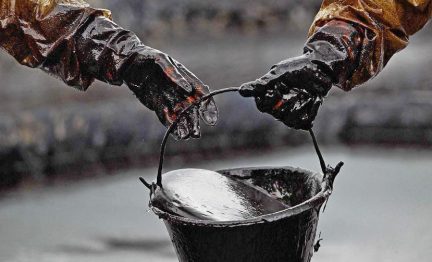
The increase in OPEC+ oil production is not leading to a buildup in inventories, indicating that global markets remain in demand for more crude, ministers from OPEC nations and executives from major Western oil companies stated
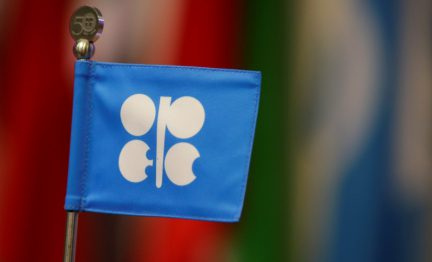
OPEC+ agreed to raise production by 548,000 barrels per day in August, further accelerating output increases at its first meeting since oil prices jumped – and then retreated – following Israeli and U.S. attacks on Iran
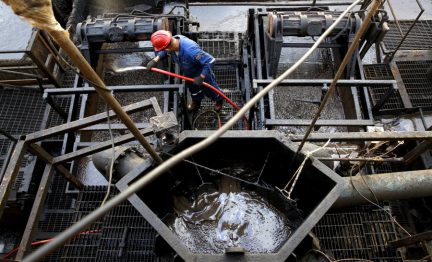
The Organization of the Petroleum Exporting Countries (OPEC) pumped 26.75 million barrels per day (bpd) last month, 150,000 bpd more than in April, according to the survey, with Saudi Arabia posting the largest increase
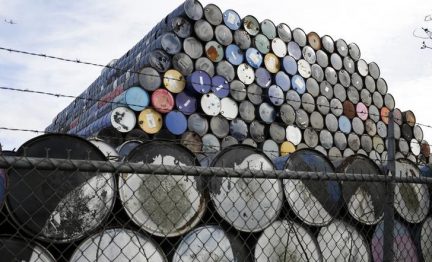
The world’s largest group of oil producers, OPEC+, stuck to its guns on Saturday with another big increase of 411,000 barrels per day for July as it looks to wrestle back market share and punish over-producers

Oil prices traded slightly lower as investors largely stayed on the sidelines ahead of a highly anticipated OPEC+ meeting that could offer key signals about future supply levels

Russian Deputy Prime Minister Alexander Novak stated that the OPEC+ group has not yet discussed increasing oil production by an additional 411,000 barrels per day ahead of its upcoming meeting

Oil prices extended losses during Asian trading and were headed for weekly declines due to renewed concerns over oversupply following a report that OPEC+ may be considering another production hike
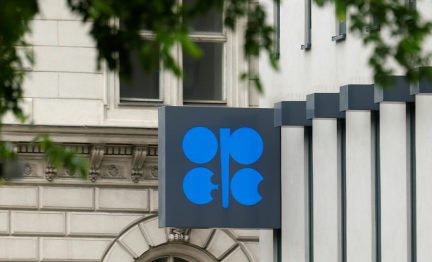
The OPEC and its allies have agreed to accelerate oil production increases for the second consecutive month, raising output by 411,000 barrels per day (bpd) in June